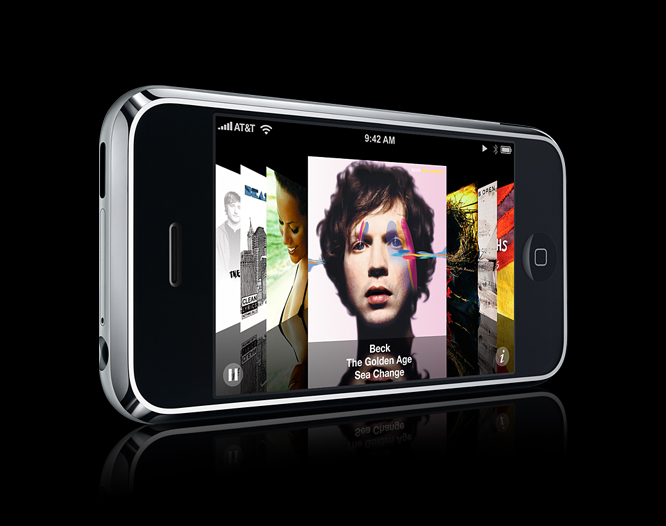G8, Interpol may police our mobile phones
New proposals aim to nip file sharing by phone in the bud

By now, we're all fully aware of the increasing pressure copyright holders are putting on ISPs to warn their customers about what's seen as illegal file-sharing, but news from the G8 this week looks like adding mobile phones to the watch-list.
An OECD Council study into "digital piracy, which encompasses the infringement of all copyrighted materials including recorded music, motion pictures, software, books and journals" looks like becoming legislation that the G8 will suggest members adopt.
Mobile phone sharing raised
The proposed Anti Counterfeiting Trade Agreement (ACTA) will, of course, increase the pressure on ISPs to cut off their own customers, but it is likely to also target "mobile phone sharing," according to the press release.
Even more ominously, Interpol is getting involved too, although its involvement will initially be directed at large-scale copying of tangible goods.
We're watching you
However, there's no reason why it can't force phone companies to disconnect the mobiles of anyone suspected of emailing a friend a ringtone they haven't paid for or a DRM-stripped iTunes song.
Get daily insight, inspiration and deals in your inbox
Sign up for breaking news, reviews, opinion, top tech deals, and more.
While it's true that "Technological developments … such as the advent of peer-to-peer file sharing have posed new challenges to many countries" we hadn't expected phones to be targeted in the same way as the PC-centric internet.
When that happens, we'll be able to kiss goodbye to the concept of anonymity anywhere we go online, including the back of the bus.
J Mark Lytle was an International Editor for TechRadar, based out of Tokyo, who now works as a Script Editor, Consultant at NHK, the Japan Broadcasting Corporation. Writer, multi-platform journalist, all-round editorial and PR consultant with many years' experience as a professional writer, their bylines include CNN, Snap Media and IDG.